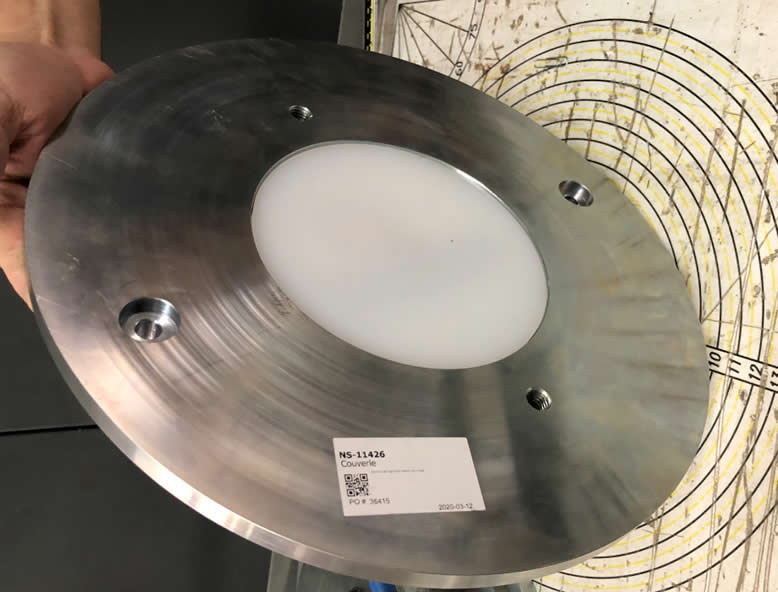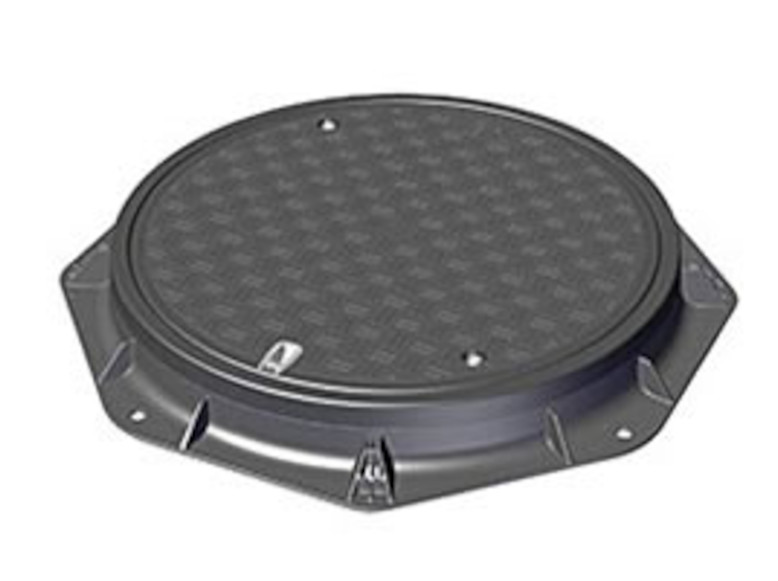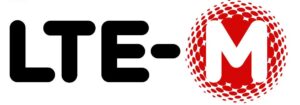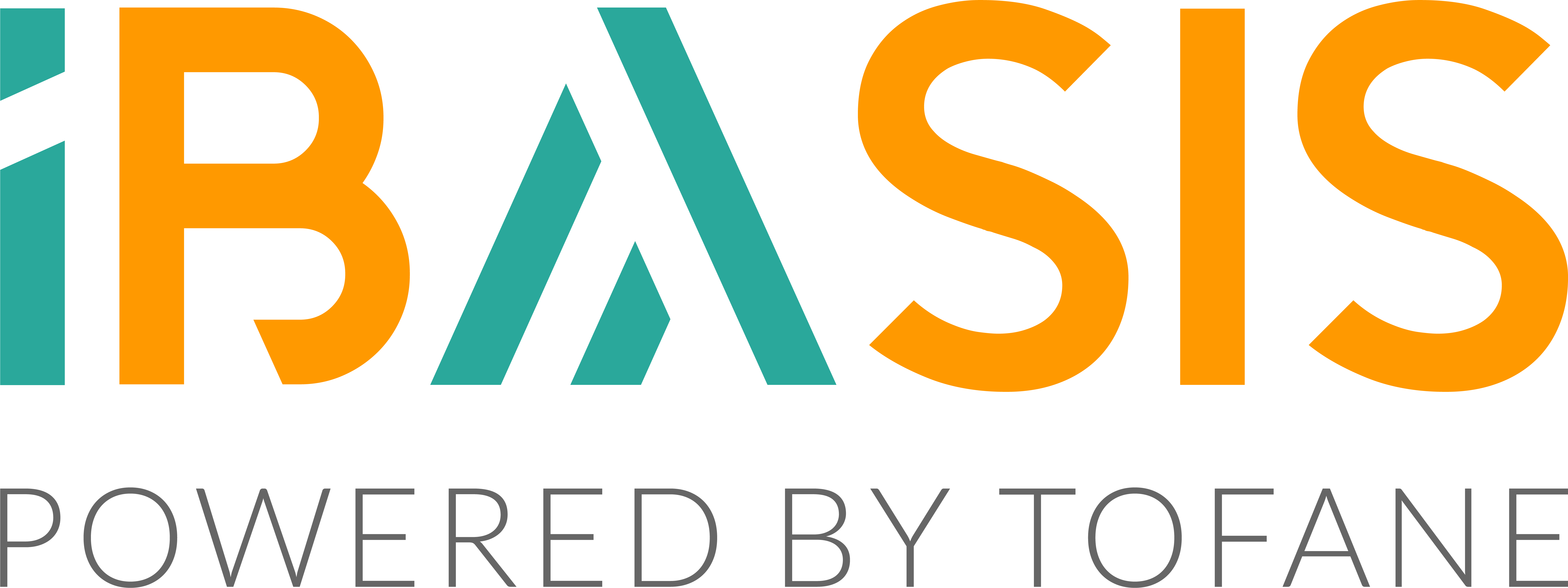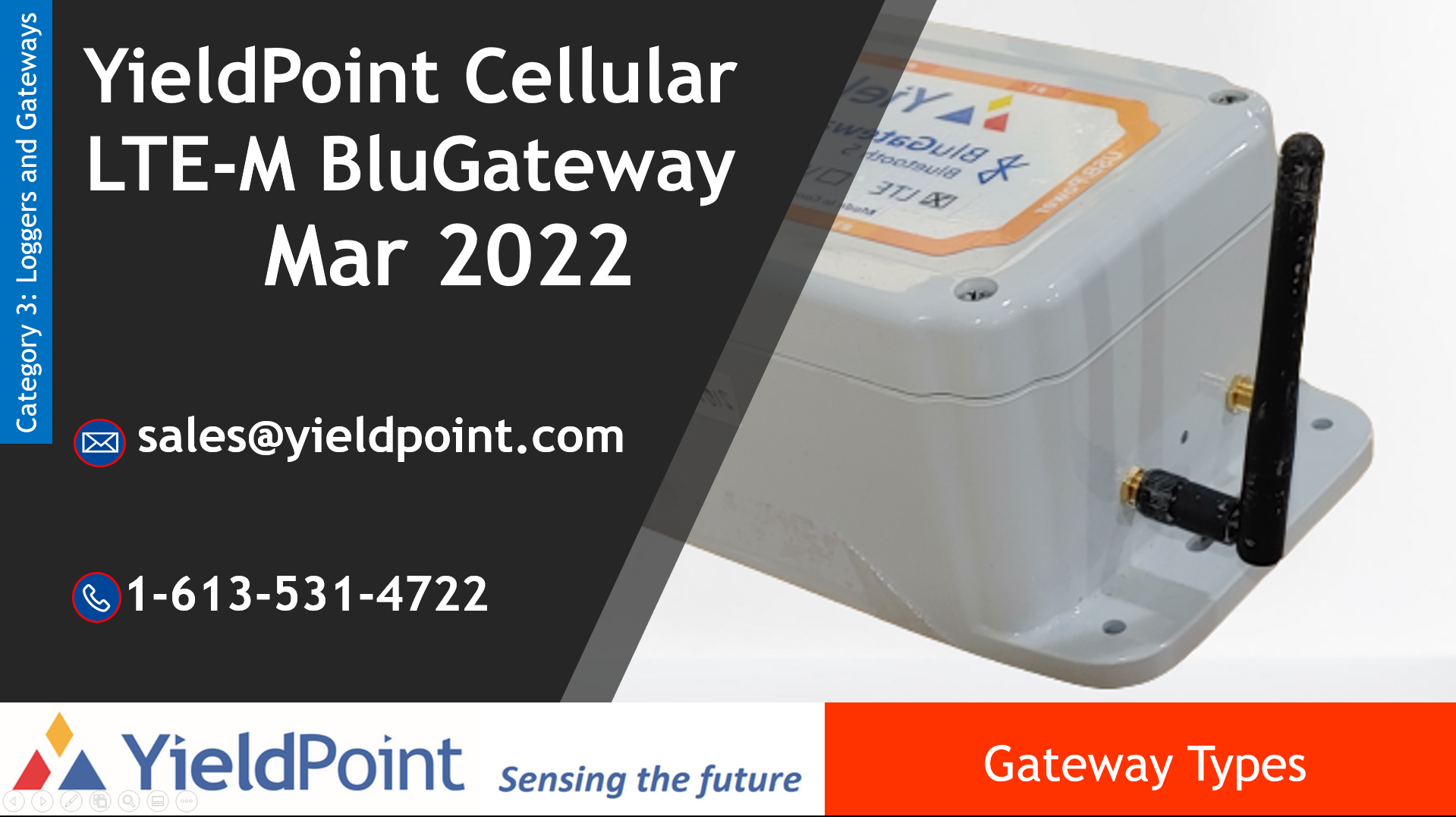YieldPoint embraces Mobile IoT and 5G
At YieldPoint we have a vision that the combination of sensor and telemetry technologies must be fully integrated to create the most efficient and economical monitoring solutions. Our team in Kingston, Ontario is innovating continually using the latest technologies in order to bring the most reliable, cost effective and user friendly solution to monitoring projects worldwide.
Mobile IoT versus LoRaWan
Low power wireless connectivity is an integral component of this vision and can be a significant cost component when designing remote monitoring instrumentation projects. For geotechnical monitoring, LPWAN technologies have gained acceptance especially those based on LoRaWAN. These technologies operate on unlicensed RF bands (usually the ISM band around 900MHz). In contrast, mobile IoT systems (LTE-M and NB-IoT) operate on “licensed” cellular bands and consequently are less susceptible to noise and interference. As LoRa and other ISM band traffic inevitably increases, range and power efficiency will be challenged as devices compete for the same bandwidth.
LTE-M and NB-IoT networks are being built by major cellular telecom providers, who have now introduced competitively priced service plans for IoT devices. The introduction of low power, low cost cellular hardware is accelerating the development curve and the current SIM card pain-point is being relieved with the introduction of eSIM and iSIM technologies. Finally, the forward compatibility of LTE-M and NB-IoT means that investments made today will co-exist with core 5G technologies in the future.
Mobile IoT (LTE-M, NB-IoT and 5G)
Mobile IoT technologies possess the following characteristics
- Low power consumption that enables devices to operate for several years on batteries
- Low device unit cost
- Improved outdoor and indoor coverage compared with existing wide area technologies
- Secure connectivity and strong authentication
- Optimized data transfer for small, intermittent blocks of data
- Simplified network topology and deployment
- Network scalability for capacity upgrade
Learn More about LTE-M chipset provider here
LTE-M is the industry term for the Long-Term Evolution (LTE) machine-type communications (MTC) LPWA technology standard introduced by 3GPP in Release 13. LTE-M supports lower device complexity, massive connection density, low device power consumption, low latency and provides extended coverage, while allowing the reuse of the LTE installed base. The deployment of LTE-M can be done “in-band” within a normal LTE carrier, or “standalone” in a dedicated spectrum.
Narrowband IoT (NB-IoT) is a cellular radio technology that addresses the LPWA requirements for IoT. NB-IoT is characterized by improved indoor coverage, support of massive number of low throughput devices, low delay sensitivity, ultra-low device cost, low device power consumption and optimized network architecture. Like LTE-M, NB-IoT can be deployed “in-band” within a normal LTE carrier, or “standalone” for deployments in dedicated spectrum.
Both LTE-M and NB-IoT are part of the 5G mobile network technology .
YieldPoint Cellular IoT product-line
YieldPoint has developed battery powered 4G LTE-M networking gateways under the product name BluCell. The 4G link is compatible with most 4G networks. BluCell is powered from 4 x D-cell batteries and will last for 2 years at a reading upload rate of 1/hr. The batteries are easily replaced. A population of BLE5 instruments distributed around a structure can beacon their data within a 50m radius to a cellular BluCell ready for either download to an Android device using the free BluPoint application or for automated 4G LTE-M cellular upload.
the Cellular BluGateways are data loggers with a 30,000 reading storage capacity, Bluetooth BLE5 and 4G LTE-M capability. They log data from BLE5 enabled instruments and wired instruments such as the BluTilt, BluVW and digital instruments (dEXTO, dMPBX, dCable, dRebar) with an attached BluLink. Cellular BluGateways automatically wake on a scheduled cycle and send their data files to a platform via the 4G LTE-M network.
The data files can also be downloaded using a Bluetooth BLE5 Android device. BlueTooth BLE 5 range is 50m on average.
SIM Authentification
Authentification options are (i) SIM card or (ii) eSIM.
The eSIM gateway can be fully encapsulated which is perfect for below grade applications.
YieldPoint has a relationship with iBASIS for eSIM applications.
Direct-to-Cellular Instruments
BluTilt Triaxial Tiltmeters, BluBeam Triaxial Tilt Beams, BluVibe Vibration Sensors and BluVW Vibrating Wire Sensors are all fully integrated with batteries and onboard data logging, Bluetooth BLE5 and 4G LTE-M communications. In addition to storing 30,000 readings they automatically upload their data files using cellular LTE-M.
Cellular BluGateway
Cellular BluGateway is a data-logger (30,000 readings) with Bluetooth BLE5 and 4G LTE-M upload capability. it can listen to beacons from BT5 enabled instruments such as BluTilt, BluVibe and any YP instrument interfaced with a BluLink.
- d4BluGateway: BT5 beacons
To ensure lowest cost it has no ports for wired instruments.
Wired Instruments Cellular Gateways:
d4BluGateway and VWBluGateway
d4BluGateway and VWBluGateway are data loggers with Bluetooth BLE5 and 4G LTE-M capability. They also read from wired instruments:
- d4BluGateway: BT5 beacons + 4 x YP RS485 instruments,
- VWBluGateway: BT5 beacons 4 x VW instruments + 4x YP RS485 YieldPoint instruments:
- Combination thereof (special order).
d4BluGateway LTE
YieldPoint’s d4 BluGateway LTE combines datalogging capability with cellular (LTE-M) data upload. eSIM authentication options provides a data-plan for $2-3/month…..
Below Grade Applications
When 4G instruments must be in a road box below grade there are 2 models of antennas available to ensure good 4G communications. One is a US made composite cover and the other is a regular iron cover that has been machined to receive a specific flush mount antenna. Both products meet the usual MOT standards.
